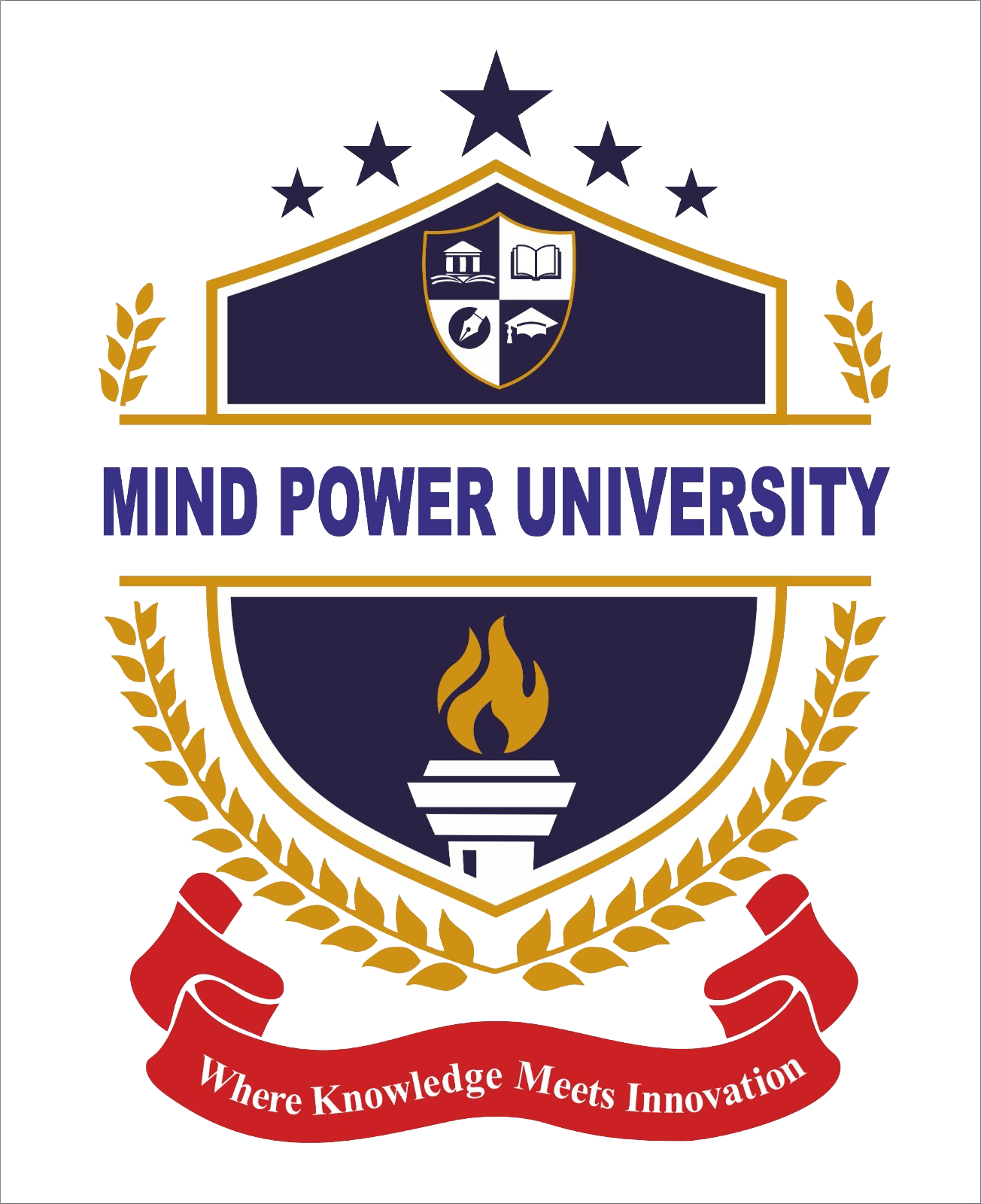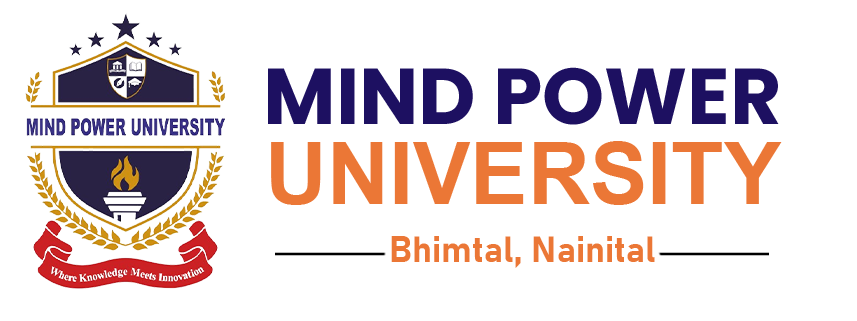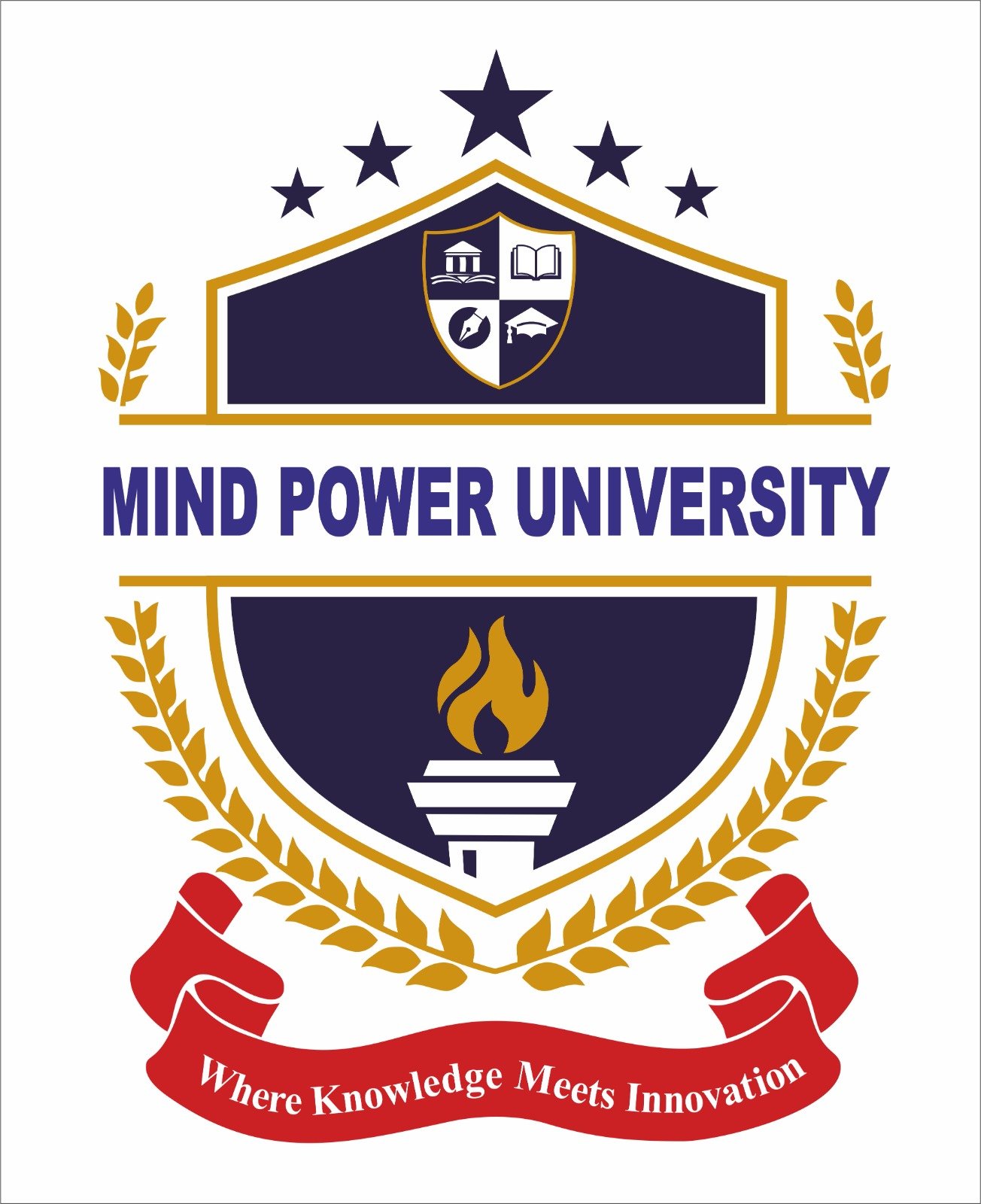 Bachelor of Science (Hons. - Mathematics)
Bachelor of Science (Hons. - Mathematics)
Duration
3 Years
Registration Fee
Contact on :- 8882822265
Exam Fee/ Module
Contact on :- 8882822265
The BSc Mathematics program at Mind Power University is designed to provide students with a solid foundation in mathematical theory, problem-solving skills, and mathematical applications. Throughout the course of study, students will explore various branches of mathematics, including calculus, algebra, geometry, statistics, and discrete mathematics.
Curriculum: The curriculum is structured to cover both theoretical and applied aspects of mathematics, ensuring that students develop a well-rounded understanding of the discipline. Courses are designed to build upon fundamental mathematical concepts and progressively introduce more advanced topics.
Core Courses:
- Calculus: This course covers topics such as limits, derivatives, integrals, and their applications in various fields including physics, engineering, and economics.
- Algebra: Students will study topics such as linear algebra, abstract algebra, and number theory, developing proficiency in solving algebraic equations and manipulating mathematical structures.
- Geometry: This course explores the properties of geometric shapes, transformations, and spatial reasoning, providing students with a deeper understanding of geometric concepts.
- Probability and Statistics: Students will learn about probability theory, statistical methods, data analysis, and inferential statistics, which are essential for analyzing and interpreting data in diverse fields.
- Discrete Mathematics: This course covers topics such as combinatorics, graph theory, and discrete structures, which have applications in computer science, cryptography, and optimization.
- Mathematical Modeling: Students will learn how to formulate mathematical models to describe real-world phenomena and apply mathematical techniques to solve practical problems.
Elective Courses: Students may have the opportunity to choose elective courses based on their interests and career goals. Elective courses may include topics such as mathematical finance, numerical analysis, differential equations, or mathematical physics.
Laboratory Work: While mathematics is primarily a theoretical discipline, students may engage in computational and experimental activities to reinforce theoretical concepts and develop problem-solving skills. Laboratory sessions may involve computer simulations, data analysis projects, or mathematical experiments.
Research Opportunities: Mind Power University encourages students to participate in research activities and pursue independent projects under the guidance of faculty members. Research opportunities may arise through collaborations with faculty, participation in research seminars, or summer research internships.
Career Prospects: Graduates of the BSc Mathematics program are well-prepared for diverse career opportunities in fields such as finance, data analysis, computer science, engineering, education, and research. They may pursue careers as mathematicians, statisticians, data analysts, actuaries, software developers, or educators. Additionally, graduates may choose to further their education by pursuing advanced degrees in mathematics, applied mathematics, or related fields.
Overall, the BSc Mathematics program at Mind Power University provides students with a rigorous and comprehensive education in mathematics, equipping them with the analytical, problem-solving, and quantitative skills needed to succeed in a variety of professional settings.
| Eligibility | 10+2 (Science-relevant)/ Diploma or eq. |
|---|
Contact on :- 8882822265
.jpg)
Upon completing a BSc Mathematics program from Mind Power University, graduates are equipped with a diverse skill set that opens up various career paths across different industries. Here are some common career options for BSc Mathematics graduates:
- Actuary: Actuaries assess and manage financial risks using mathematical and statistical methods. They work in insurance companies, consulting firms, or government agencies, analyzing data to determine insurance premiums, pension plans, and other financial products.
- Data Analyst/Statistician: Data analysts and statisticians collect, analyze, and interpret data to help organizations make informed decisions. They work in industries such as finance, healthcare, marketing, and government, using statistical software and programming languages to analyze data and derive insights.
- Operations Research Analyst: Operations research analysts use mathematical modeling and optimization techniques to solve complex problems in areas such as logistics, supply chain management, and resource allocation. They work for government agencies, consulting firms, or in-house departments of large organizations.
- Financial Analyst: Financial analysts assess the performance of financial products, markets, and companies. They analyze financial data, prepare reports, and make recommendations to investors, portfolio managers, or corporate executives.
- Software Developer/Programmer: Mathematicians with strong programming skills can pursue careers as software developers or programmers, designing and developing software applications for various purposes, such as data analysis, simulation, modeling, or algorithm development.
- Mathematics Teacher/Educator: Graduates can pursue careers in education as mathematics teachers at the secondary or post-secondary level. They may also work as tutors, teaching assistants, or educational consultants, helping students develop mathematical skills and understanding.
- Quantitative Analyst (Quant): Quants work in the finance industry, using mathematical models and algorithms to analyze financial markets, develop trading strategies, and manage investment portfolios. They often have strong backgrounds in mathematics, statistics, and programming.
- Research Scientist: Mathematicians can pursue careers in research, working in academia, government research laboratories, or private research institutions. They conduct original research, publish scientific papers, and contribute to the advancement of mathematical knowledge.
- Cryptographer: Cryptographers use mathematical principles to design secure communication systems, encryption algorithms, and cryptographic protocols. They work in industries such as cybersecurity, telecommunications, and national security.
- Consultant: Mathematics graduates may work as consultants for firms specializing in areas such as data analytics, operations research, financial modeling, or risk management. They provide expertise and solutions to clients facing complex mathematical or analytical challenges.
These are just a few examples of the many career paths available to BSc Mathematics graduates. The analytical, problem-solving, and quantitative skills developed during the program are highly valued across a wide range of industries and sectors, offering graduates numerous opportunities for professional growth and success.







